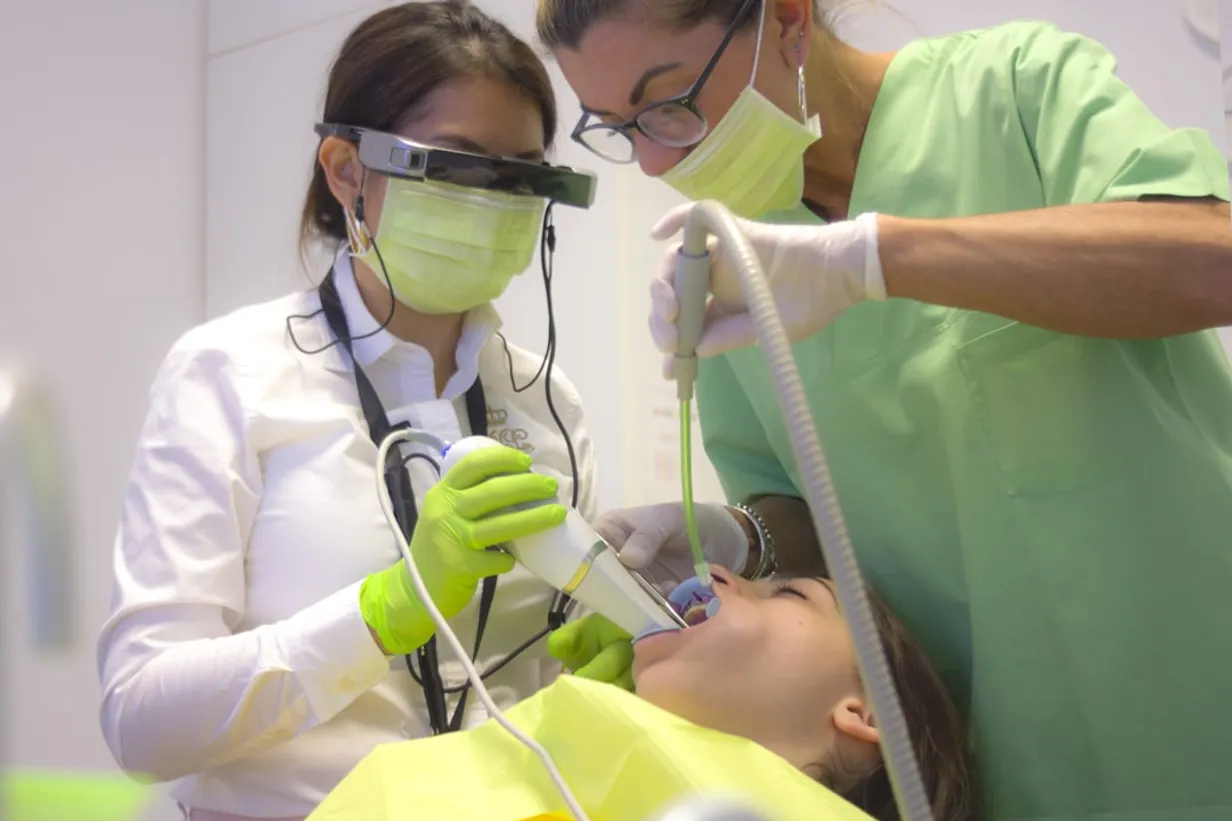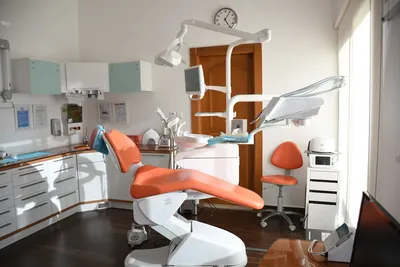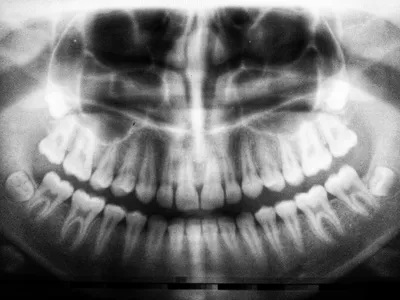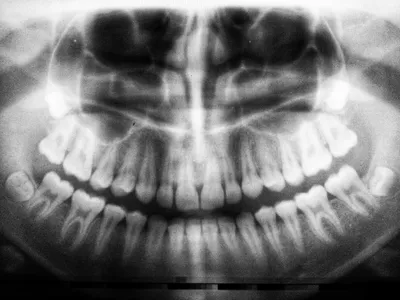
Understanding Dentures and Partials
If you're beginning to consider the possibility of dentures or partials, don't worry, you're not alone. Millions of people worldwide use these dental treatment options to restore their smiles and maintain oral function. Whether due to age, injury, or decay, dentures and partials can provide a practical and aesthetically pleasing solution.
What Are Dentures and Partials?
Dentures: These are removable replacements for missing teeth and surrounding tissues. Complete dentures are used when all teeth are missing, while partial dentures are used when some natural teeth remain.
Partials: Partials are a type of denture used when one or more natural teeth remain in the upper or lower jaw. They act like bridges, using the remaining natural teeth as support.
Steps to Take If You Need Dentures or Partials
Step 1: Consultation with Your Dentist
Your first step should be scheduling a consultation with a qualified dentist. They will examine your mouth, take necessary X-rays, and discuss your medical and dental histories. This initial evaluation helps determine the best treatment option for your situation.
Step 2: Determining the Right Type for You
Based on the consultation, your dentist will recommend whether complete dentures, partials, or an alternative solution is best. Factors influencing this decision include the number of teeth missing, the health of remaining teeth, and your overall oral health.
Step 3: Impressions and Measurements
Once a treatment plan is agreed upon, the dentist will take detailed impressions and measurements of your mouth. These are sent to a lab for the creation of custom dentures or partials that will fit comfortably and look natural.
Step 4: Fitting and Adjustments
After the custom dentures and partials are made, you will go back to the dentist for a fitting. It's essential to ensure they fit properly to avoid discomfort and ensure effective function. Don’t hesitate to mention any adjustments needed during this appointment.
Costs and Insurance
The cost of dentures and partials can vary significantly based on the materials used, the complexity of the fit, and your geographical location. It’s also important to check with your health insurance provider to see what portion of the cost is covered under your dental plan. Financing options may also be available directly through your dental clinic.
Aftercare and Maintenance
Daily Cleaning
Caring for your dentures and partials involves daily cleaning to remove food particles and bacteria. Use a special denture brush and mild denture cleanser. Avoid using regular toothpaste as it can be too abrasive.
Regular Check-Ups
Just like natural teeth, dentures and partials require regular maintenance and check-ups. Plan to visit your dentist at least once a year for an evaluation and any necessary adjustments.
Handling Soreness
Experiencing some soreness or discomfort when you first start wearing your dentures or partials is normal. If the discomfort persists, consult your dentist. Adjustments can often remedy the fit and alleviate issues.
Conclusion
Needing dentures or partials is a common situation many people face. By taking the proper steps, consulting with your dentist, and following through with recommended care, you can achieve a comfortable and aesthetically pleasing solution. Don’t hesitate to reach out to professionals for personalized guidance to restore your smile and oral function.
Top Dental Health Articles
Discover our most popular dental health articles, featuring expert advice that our readers rely on.



